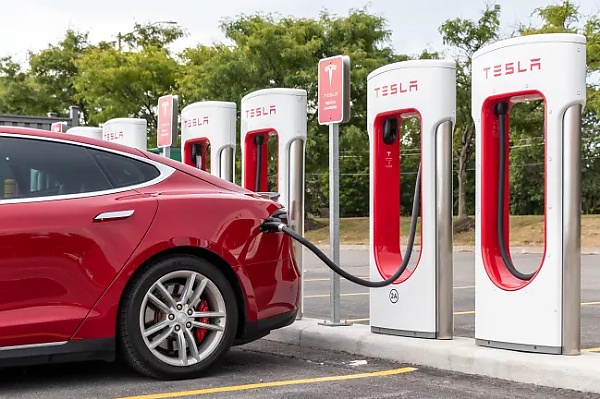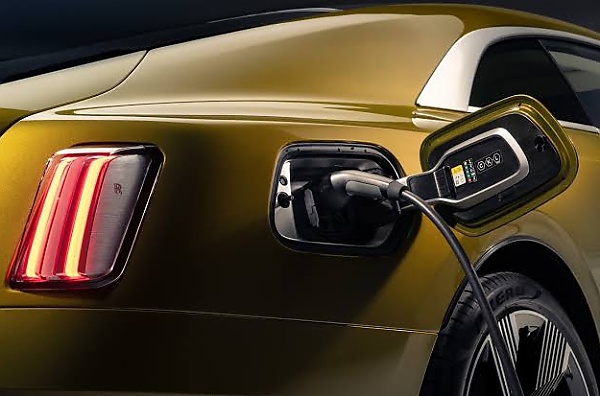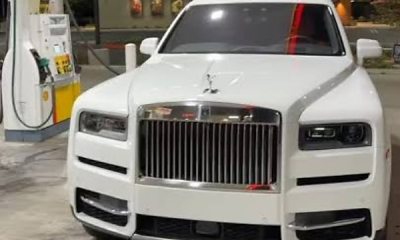News
Nigeria Lags Behind In Push For Electric Cars Because Of Fuel Subsidy – World Bank

Nigeria lags behind in push for eco-friendly electric vehicles because of fuel subsidy – World Bank.
In a document, the World Bank stated that the funding for petrol subsidy gulped N4.39 trillion in 2022.
Also called for the adoption of mass transit systems such as Rail to reduce the number of vehicles on the road.

The World Bank has said the decision by the previous administration to subsidise the price of petrol hindered the use of alternative vehicles such as electric minibuses, two-wheelers and three-wheelers.
In a document published to facilitate dialogue on urban and rural clean energy e-Mobility strategies that reduce air pollution and greenhouse gas emissions, the World Bank stated that the funding for petrol subsidy gulped N4.39 trillion in 2022.
Part of the document titled ‘E-Trans-Electric mobility and transition in Nigeria : Strategy and implementation’, reads :
It said :
“Nigeria devotes significant funds in excess of N4.39tn in 2022 to subsidise transportation, but unfortunately, this funding serves precisely to discourage the development of mobility.
“The subsidisation of petrol discourages the take-up of alternative vehicles such as electric minibuses, two-wheelers and three-wheelers amongst other alternative sources of e-mobility.”

In addition to the use of zero-emission vehicles such as electric cars and buses, the World Bank also call for the adoption of mass transit systems such as the Rail and Bus Rapid Transport (BRT) to reduce the number of commuter vehicles on the road.
The Bretton Woods Institution added :
“Regulations to enact policies will also need to be developed, mostly at the federal level, adapting the tax regime and permission framework for importing new and used vehicles and instituting new framework drawing from international experience for safe storage, recycling and disposal of batteries and e-waste associated with e-vehicles.
“The long-term vision calls for the expansive adoption of mass transit systems such as the Rail and Bus Rapid Transport to reduce the number of commuter vehicles on the road and curb emissions and encourage the acquisition and use of zero-emission vehicles such as electric cars and buses.”
-
See Also : VP Shettima Inspects, Test-drove Nigerian-assembled Hyundai KONA Electric Car At NEC Meeting


